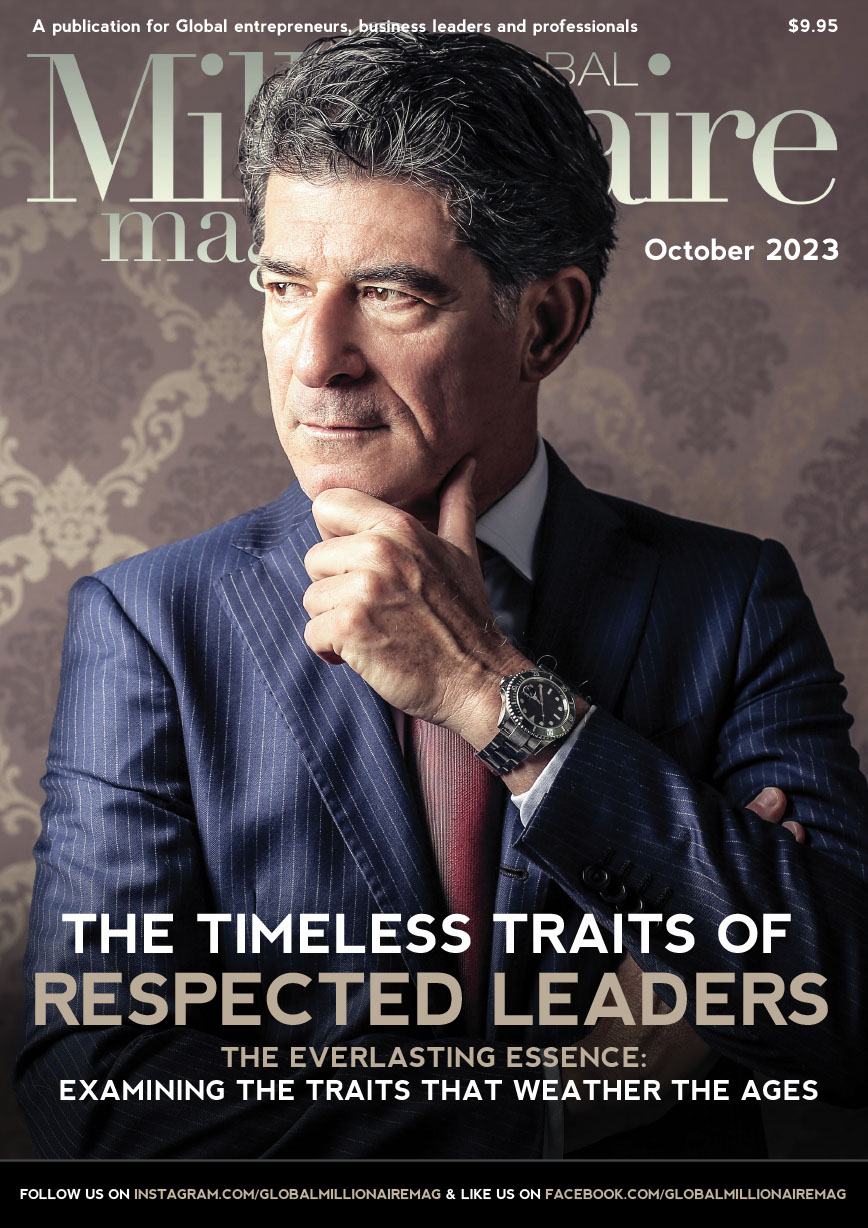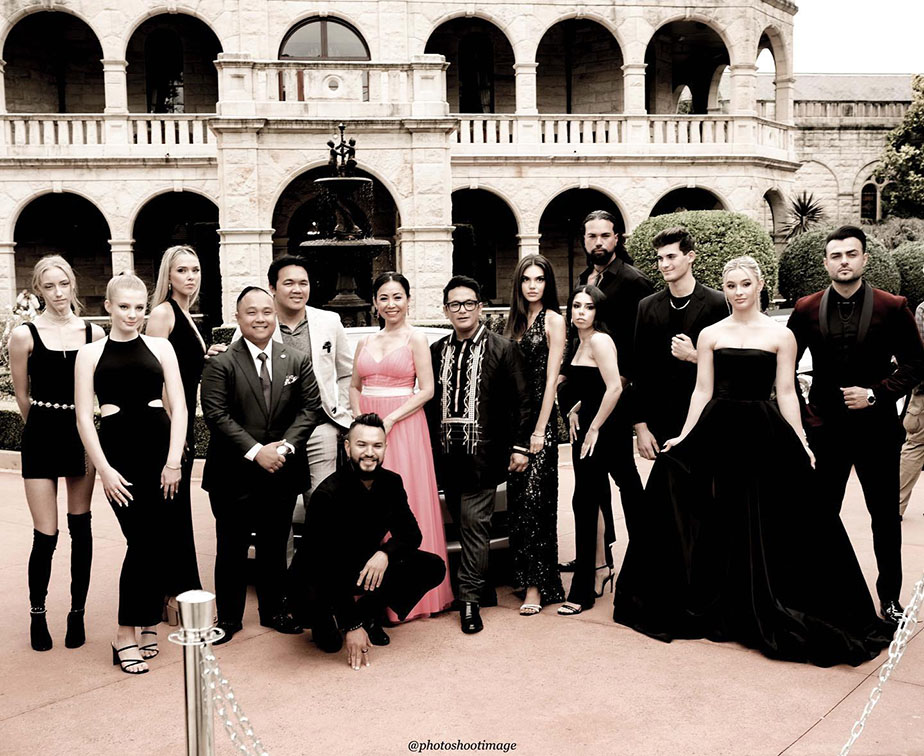
Starting your own business can be exciting but requires meticulous planning and groundwork to ensure success. One of the foundational steps in this process is creating a business plan—a roadmap that outlines your business goals, strategies, and operational details. However, before you delve into drafting your business plan, there are crucial steps you should take to set a strong foundation for your venture. Here’s a comprehensive guide on what to know and do before crafting your business plan:
Define Your Vision and Mission
Clearly articulate your business’s purpose, values, and long-term objectives. Your mission and vision statements will act as compass points for you while you pursue your entrepreneurial goals.
Conduct Market Research
Gain a thorough grasp of your intended audience, including its size, demographics, needs, and preferences. Analyze industry trends, competitor strategies, and potential challenges to identify opportunities for differentiation.
Refine Your Business Idea
Validate your business concept by seeking feedback from potential customers, industry experts, and mentors. Refine your idea based on insights gathered during this process to ensure it addresses a genuine market need.
Identify Your Unique Value Proposition (UVP):
Determine what makes your offering unique from those of your rivals and how it benefits clients. Your UVP should be compelling and clearly communicated in your business plan.
Assess Financial Feasibility
Conduct a comprehensive financial study to see whether your business idea is viable. Estimate startup costs, projected revenue, and expenses to determine whether your venture is financially sustainable.
Develop a Marketing Strategy
Explain your approach to selling and promoting your products or your services. Define your target audience, channels, messaging, and branding strategy to reach and engage customers effectively.
Build a Strong Team
Be in the company of talented people who share your enthusiasm for the industry and who enhance your talents. Define roles and responsibilities and ensure alignment with your business objectives.
Understand Legal and Regulatory Requirements
Become knowledgeable about the laws and rules that apply to companies in your sector and area. Obtain necessary permits, licenses, and registrations to ensure compliance with applicable laws.
Create a Contingency Plan
Consider potential hazards and difficulties that might affect your business’s operation. Develop backup plans to lower these risks and ensure that business operations continue in the event of negative events.
Establish Key Performance Indicators (KPIs)
Determine the measurements that will be used to gauge your company’s performance and monitor your goals’ advancement. Set SMART (Specific, Measurable, Achievable, Relevant, Time-bound) KPIs to monitor performance and make data-driven decisions.
Seek Professional Advice
Seek professional advice and insights, including attorneys, accountants, and business gurus. You can make wise selections and traverse complicated situations with their assistance.
Prepare for Flexibility and Adaptability
Understand that your business plan is not set in stone and may need to evolve over time. Remain receptive to input, shifts in the market, and new opportunities, and be prepared to modify your plan as necessary.
Completing these essential preparations will equip you to create a comprehensive and effective business plan that lays the groundwork for your entrepreneurial success. Remember, the time and effort invested in thorough preparation will pay dividends as you navigate the exciting yet challenging path of entrepreneurship.

























